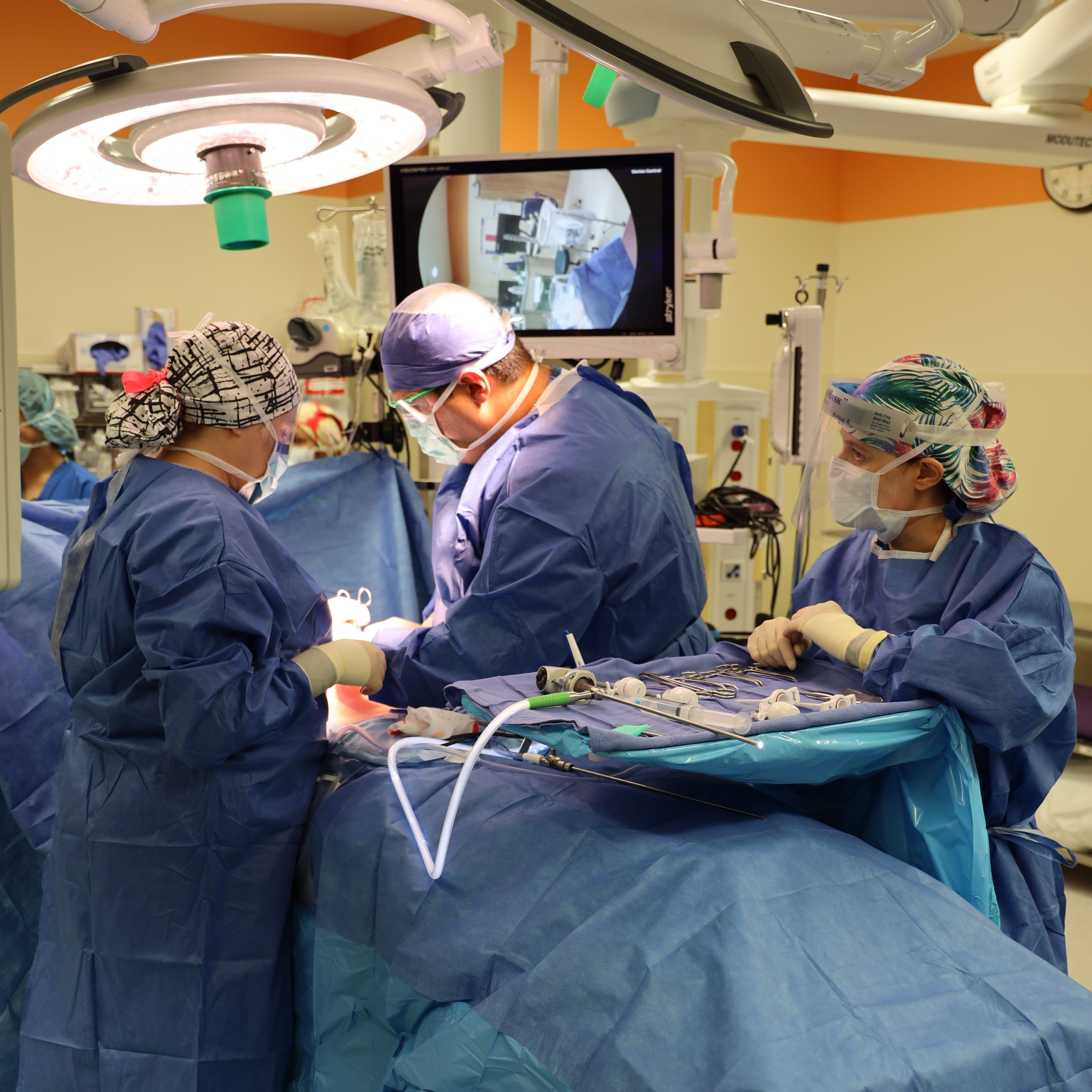Many children experience occasional constipation. Constipation is a common problem that causes children to have infrequent or hard, dry bowel movements. Constipation can be uncomfortable and frustrating, but it is typically a treatable problem.
When constipation lasts for weeks or months, it can cause serious health issues including fecal incontinence and motility problems. Chronic constipation happens when the symptoms of constipation last for several weeks or longer. It may require admission to the hospital for treatments such as clean-out or disimpaction.

The symptoms of constipation include:
- Having 3 or fewer bowel movements per week
- Straining when trying to go to the bathroom
- Hard, dry, and painful stools
- Inability to finish a bowel movement (also called incomplete evacuation)
- Inability to pass stool
- Abdominal or belly pain
- Loss of appetite
When these symptoms continue for weeks or months, they are signs of chronic constipation.
Children with chronic constipation complain of pain during bowel movements. They often say it feels like their bowels are blocked or they can’t go to the bathroom or finish a bowel movement.
There are many different causes for chronic constipation. The condition can be the result of multiple factors at the same time. Causes of chronic constipation may include:
- Holding in bowel movements
- A diet low in fluids or fiber
- Behavioral or developmental conditions, such as ADHD and autism
- Other medical conditions
Children often hold in bowel movements for different reasons, such as a preference for diapers, not wanting to interrupt play time, or being uncomfortable using bathrooms outside of their home.
When a child regularly holds in bowel movements, their stool can become hard and their rectum can stretch. These problems can interfere with a child’s ability to feel the urge to go to the bathroom. When this happens, it can cause children to have overflow incontinence, which is when soiling and accidents occur.
It is important to understand the cause of chronic constipation when making a treatment plan. At the Washington University Pediatric Colorectal Center, our specialists will use certain tests to understand your child’s condition and diagnose chronic constipation.
Motility testing uses pressure sensors and balloons to track how the digestive system is working. Different types of motility tests, called anorectal manometry and colonic manometry, show us how parts of the digestive system are functioning.
We will also evaluate your child’s toileting behaviors and do any other tests that may help us make a diagnosis.
Not all children will need every kind of test. At the Pediatric Colorectal Center, you have access to the experts and tests that your child needs. We possess the experience and judgment to help you find a solution during this challenging and sometimes stressful period.
Treatment for chronic constipation includes behavioral, medical, and surgical options. Usually, a combination of different treatment options provides the best outcome. Which treatment plan is best for your child depends on the cause of their constipation.
For most children, our bowel management techniques can provide an optimal solution. If surgery is needed, Washington University surgeons at the Pediatric Colorectal Center specialize in the most advanced surgical techniques to provide world-class care for your child.
Behavioral treatment for chronic constipation may include establishing a bathroom schedule, encouraging your child to go, and working with specialists to create a diet high in fiber.
Medical treatment for chronic constipation may include laxatives to soften stool or relax the rectal muscles, enemas to help empty blocked bowels, or other medications to meet your child’s needs.
Surgical treatment for chronic constipation may be the best option for children with certain medical conditions such as anorectal malformations, Hirschsprung disease, or colonic dysmotility. If surgery is recommended, your child’s surgeon will explain the procedure, answer all your questions, and help you and your family achieve your goals for your child.
When you come to the Washington University Pediatric Colorectal Center, we will talk with you about your goals and your child’s condition. We will do any necessary tests, and our team will work together with you to develop a plan for your child’s treatment.
At the Washington University Pediatric Colorectal Center, we provide high-quality care to children with complex colorectal issues, including severe chronic constipation.
Goal-setting is an important part of our practice. We personalize your child’s care based on your family’s goals and what is best for your child’s health.
You have access to nationally-recognized experts in pediatric colorectal care—including gastroenterology, radiology, and surgery—at the Pediatric Colorectal Center. Our team works together with you to achieve your goals and find the best solution for your child.
Book an Appointment
To talk to a member of the Pediatric Colorectal Team,
please call 314-454-6022 or request an appointment online.